 Who Can You Trust for Animal Feed Additive Nutritional Data?
07. 26. 2017
#Feed industry
Who Can You Trust for Animal Feed Additive Nutritional Data?
07. 26. 2017
#Feed industry

The agriculture industry is a tough business. No other industry has more competition. No other industry has such a long history of techniques and processes available to it.
Fortunately, most farmers have many years of experience in rearing livestock or poultry. With farms are often handed down generation to generation, the best methods for the best care of farm animals has been found after years of trial and error.
But now, modern agriculture is facing challenges, caused by a new wave of products that are bombarding cattle, pig, and poultry farmers, leaving them confused, and searching for impartial agriproduct information.
While the scientific industry is meeting demand for improved feed additives, the animal feed industry is failing manufacturers and end-users by supplying limited information about the latest advances in feed ingredients.
This is a situation which is creating big problems for many farmers, and feed manufacturers alike. With little scientific understanding, it is almost impossible for them to know which agricultural product is best for their feedstuffs. And while most livestock experts highlight the importance of quality feed for healthy and productive livestock and poultry, how do you know exactly what additives your animal feed should contain?
How to know exactly what additives your animal feed should contain?
A recent conversation with a purchaser of animal feed supplements highlighted one of the key problems. The animal feed manufacturer said, “Normally, the only person that knows the best feed input is the person with the formulation program, with a database, and formulation criteria [for the specific livestock]. In many cases the formulation has been sent by a company whose objective is just to sell or commercialize vitamin or mineral premixes [for feed]. This is especially true in ruminant species, where curiously, the balance of Calcium to Phosphorus is more important than in other species.”
While this observation may only be anecdotal, it goes a long way to describe the problem. The feed additive supplier is supplying a recommended dose based (at least in part) on increasing additive sales.
The Use of Trials and Testing of Animal Feed Additives.
The best way to know your feed is through trials and testing, as the Agriculture and Consumer Protection Dept of the Food and Agricultural Organisation of the UN has outlined, “Providing animals with adequate, balanced diets, free of toxins and contaminants is essential to enhancing their productivity and welfare. Feed analysis laboratories are essential for ensuring accurate information on the composition of feed ingredients and determining the level of desirable and undesirable substances, enabling the production of safe, balanced diets for livestock. Without them, it is almost impossible to control what animals eat.”
The biological experts at CropNuts agree, stating that, “Animal feed analysis helps alleviate the concern of raw materials variation by identifying out-of-specification ingredients prior to them being introduced/ integrated into the feed production process. Accurate determination of feed quality is critical for producers to meet customer, regulatory, and government requirements.”
But then CropNuts is a nutrition laboratory service, so they would say that.
Unfortunately, while testing animal feed additives on the farm gives the clearest results, it is also an expensive way to learn, and the results can take many seasons to be conclusive. So, what other advice is available for choosing animal feed additives?
Top Advice for Choosing Animal Feed Additives
Kelly Broccio, Ph.D.,the in-house feed expert at BRI, a supplier of feed enzymes, recently gave some tips in how to choose an animal feed additive, suggesting that, “ask yourself the following questions to help narrow down the possibilities:
- What are the product characteristics most important to evaluate?
- How does a product perform in relevant trials?
- What technical information is available about the product?”
These rules should help many feed manufacturers and farmers select the best agriproduct for their specific needs; and this is an important factor. The ‘specific needs’ of a herd or flock can vary greatly dependent on breed, different climate, water, regional disease outbreaks and base feed. Each of these plays a part in affecting animal welfare, so it is necessary to assess what exactly the feed needs to achieve.
One final tip for choosing quality and effective feed additives, is to only work with qualified, certified feed suppliers. Ideally, it is best to choose one with plenty of experience, who is a trusted name for quality agriproducts.
But then you are reading this on an article hosted by AG CHEMI GROUP. AG CHEMI GROUP is an authorized supplier of PhosAgro animal feed additives, with over 23 years of experience in supplying agrichemical raw materials. They are holders of Feed Safety Good Management Practice GMP+ B3, TUV-SUD certification, and are an AEO (Authorized Economic Operator).
So perhaps you should take this advice, like all advice with a pinch of salt. Which coincidentally, is another piece of animal feed additive advice.
Photo credit: Gisle Bjørneby, UMB